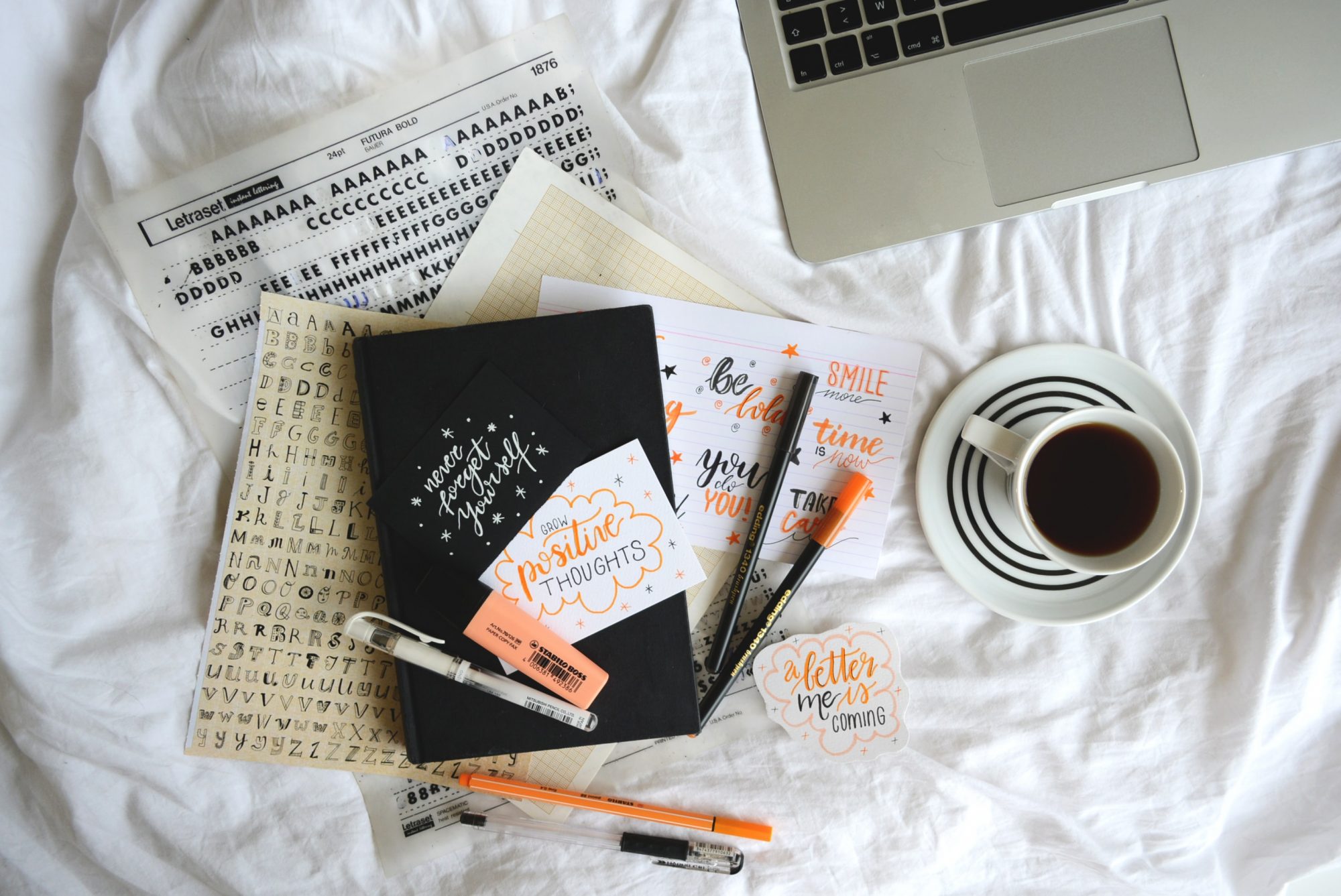
Who doesn’t want to score well in exams? The catch is – good scores don’t just depend on how much hard work you put in, or how smartly you prepare. The most effective study habits are those that maintain a good balance between the two. They are the ones that’ll help you score.
A balanced mix is good for almost every student, everywhere. It’s also good for nearly every test that is out there.
You may need to prepare for certain tests in specific ways, but there are some universally applicable ways of studying, some tried and tested study habits that all students can benefit from. Below are some methods of studying that tend to help students score high in all kinds of tests.
1. Set up a good routine, and stick to it.
A good study habit is having a good study routine – one that is practical. An example of an impractical routine is one that doesn’t have any study breaks. Also, a routine with no variety in what you study could be difficult to follow – like 4 straight hours of math. Such routines are hard to stick to. A good routine has a mix of both leisure and variety because each is equally important.
2. Work on your weak areas
Nobody can be good at everything. So, it’s okay if you’re weak in some subjects or topics of study. One way to deal with your weak areas is to start noting down the topics you find difficult. Then, devote additional study time to them. And finally, evaluate your progress through tests. This might take some time, but it will definitely boost your test score by helping you gain command over your weak points.
3. Timed preparations
No study plan can be complete without routine evaluation of your progress. And the best way to evaluate self-progress is by taking timed tests. Take such tests regularly. Solve sample test papers with a clock by your side, and record the time you take to finish the test. If you are taking longer than desired, then find out what’s causing the delay and address the reasons. Once done, get stricter with yourself and try to complete the same tests in less time. By doing this, you won’t just gain speed but also a lot of confidence and be at complete ease during the real exams.
4. Stay away from the crowds
How do you like to study? With friends? Or alone in your room? Well, it is often said that you’d be more productive studying when alone and giving your course work undivided attention. So, group study is apparently less efficient.
Because like it or not, studying in a group gets chaotic and the number of distractions increases when you are with friends. You may be together for a purpose, but it’s a study habit that isn’t very productive.
5. Learn with mind maps
Mind mapping is a visual presentation of the answer rather than having it written down. When you use a mind map, you draw out the answer in a diagram, and divide the information into points that are arranged in the order of their importance. It shows you the big picture and how the different parts are connected. This makes it easy to remember all the information.
6. Keep distractions at bay
If a good rank earned through good marks is all that you dream of, then you need to save yourself from all kinds of distractions during study time. Mobile phones, tablets, computers and gaming devices are all major sources of distraction. Avoid using them at all costs during your designated study time. Turn off the ringer and notifications, and keep them at a distance – face down. This is a great study habit, and will show results instantly, so make it a part of your routine.
7. Make mistakes, and learn from them
Learning without mistakes is a myth. So don’t get disheartened when you see yourself making mistakes. Repeated mistakes, that you tend to make, again and again, tell you where you’re going wrong. Such mistakes need to be dealt with and to start minimizing such recurring mistakes, keep a log and review it regularly. Examine all the mistakes in the log, correct them and try to minimize their occurrence in the future. This is the right approach to dealing with frequent mistakes. Remember, if you ignore your mistakes, they become a setback. Instead, try learning from them.
8. Use Mnemonics
Mnemonics are a great way to memorize information and will save you hours of study.
When you use mnemonics, the information you need to remember will take the form of a rhyme, song or funny sentence. By creating such a sequence of the information, it gets easy to recall it. For example, using the mnemonic ‘My Very Easy Method Just Speeds Up Naming Planets’ will help you remember the names of the planets in their right order – Mercury, Venus, Earth, Mars, Jupiter, Saturn, Uranus, Neptune and Pluto. So next time, be sure to use mnemonics to memorize the most difficult of concepts.
There are other habits you can learn through subject experts. Incorporating your own techniques into proven study habits, and tracking your progress is a sure shot to success.